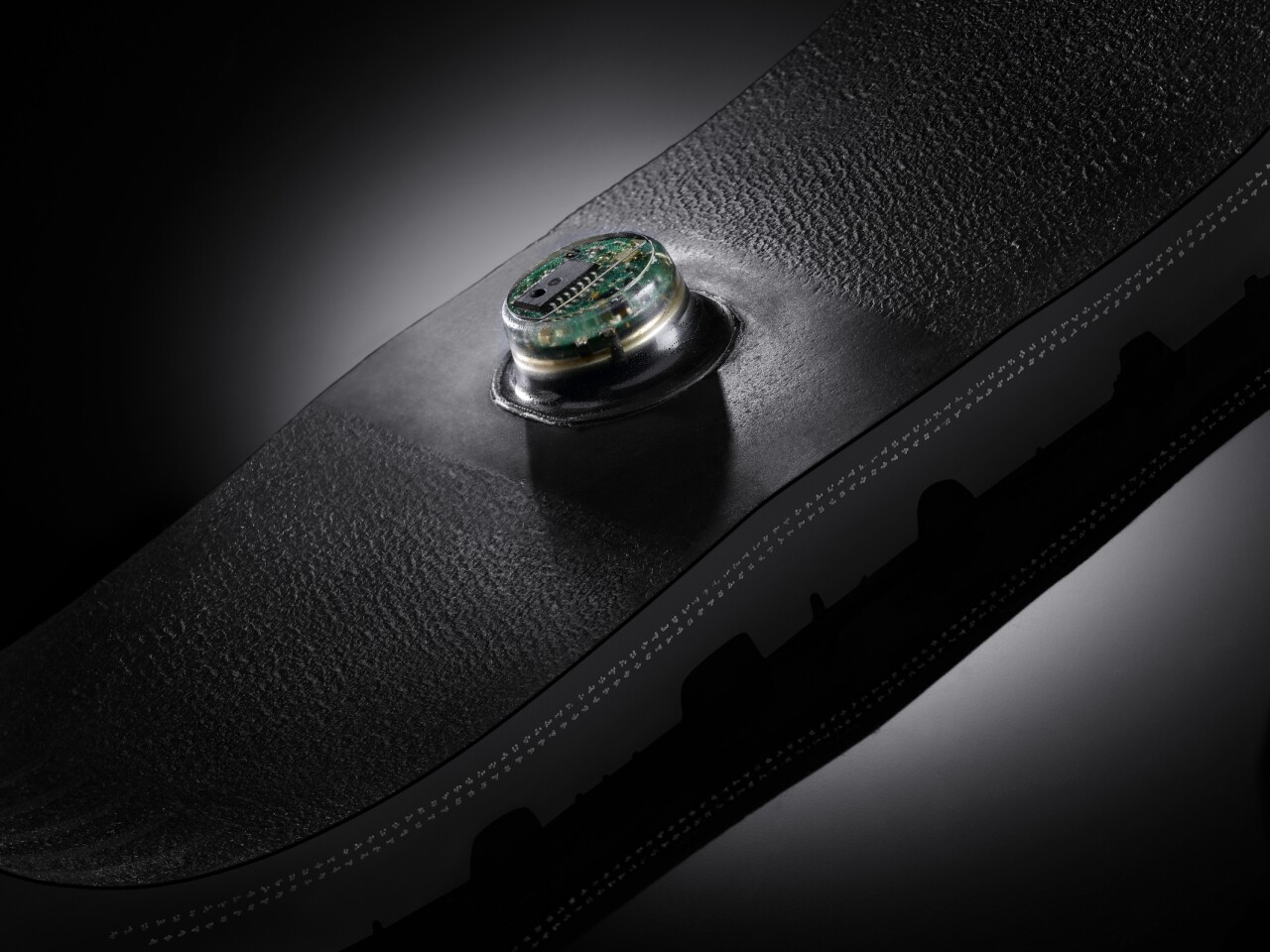Since installing your own personal weigh station in the driveway isn’t really practical, drivers basically have to guess whether or not they’re exceeding the vehicle’s maximum payload weight. For many, this probably comes down to whether or not the wheels are scraping the arches, but international automotive supplier Continental is set to offer a more accurate approach by developing tires with the ability to detect a vehicle’s weight.
Continental’s ContiPressureCheck system already continuously monitors tire pressure and temperature using sensors that are glued to the inner surface of the tire tread. The company now plans to extend the capabilities of its tire pressure sensors to include detecting the weight of the vehicle to which they are fitted.
The system will rely on sensors that can accurately detect the size of the contact patch where the tire meets the road – the bigger the contact patch, the heavier the vehicle. By registering the rolling characteristics of the tire on the road with every revolution, and taking into account the existing tire pressure and data about how the tires are fitted, Continental says the system will be able to ascertain the vehicles weight after just a few hundred meters of driving.

This data would be relayed wirelessly to the driver, informing them whether they have exceeded the recommended payload for the vehicle, or whether the tire pressure should be adjusted to improve safety and fuel efficiency.
While the new load detection system and the sensors that will make it possible are still in development, Continental says the system will also enable improvements to assistance systems. While current emergency braking and steering systems make calculations based on a vehicle’s maximum payload, they could be made safer by using a vehicle’s actual weight.
Source: Continental





